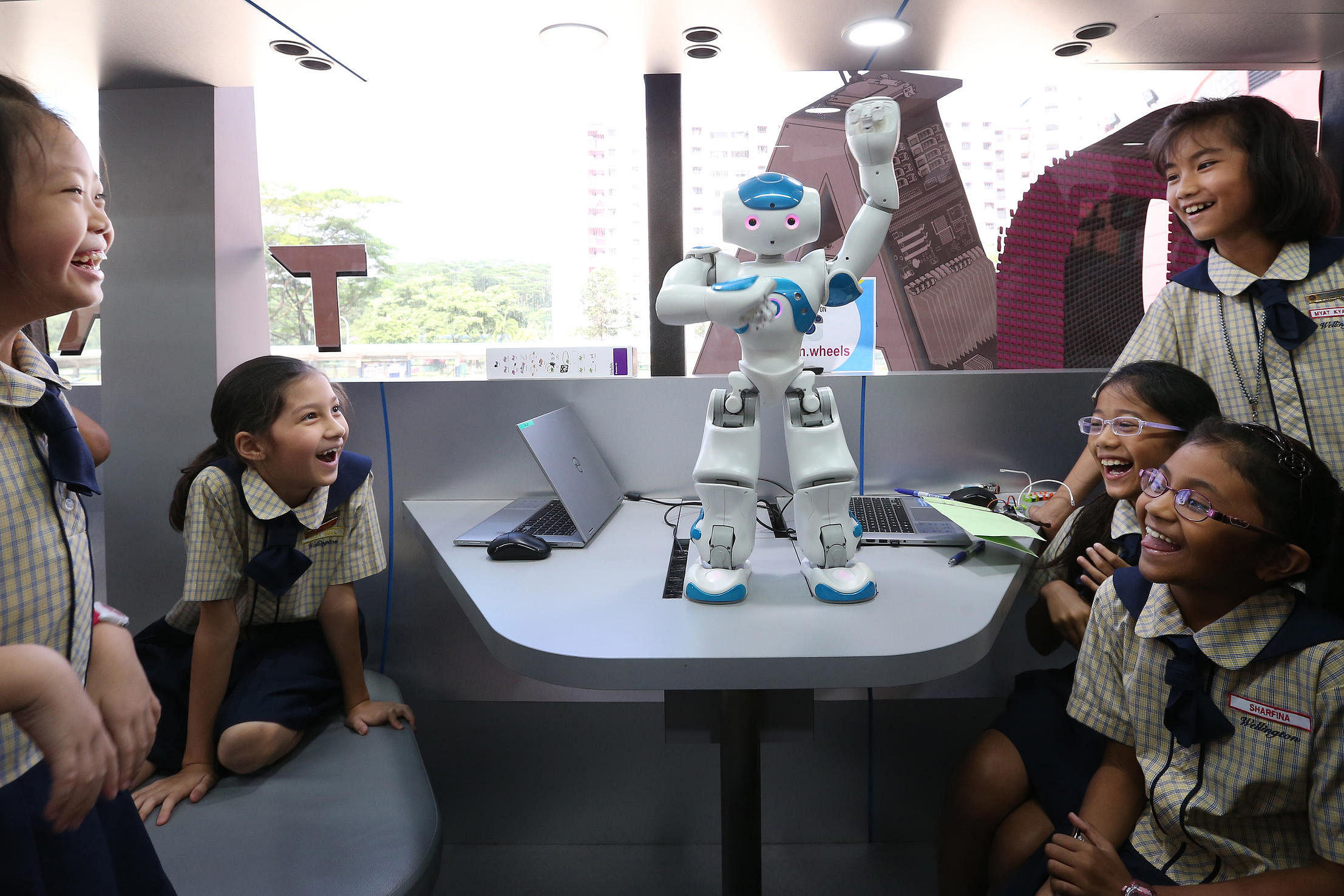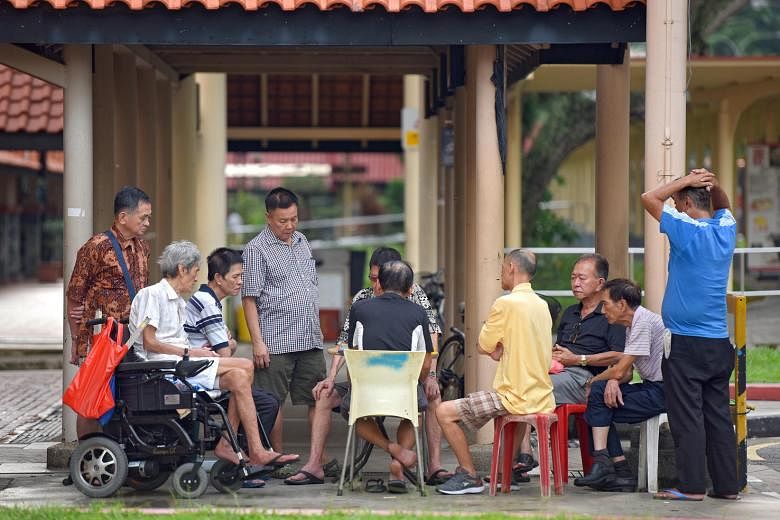As a journalist who writes often on sociopolitical issues in Singapore, I often chafe at the dearth of empirical studies and data on what makes Singapore society tick, or why it malfunctions. When I read studies based on longitudinal studies in the United States or Britain that track families across generations, I wonder why Singapore can't do the same. When the issue of government funding for pre-school education was hot in the 1990s, the question of whether and how pre-school affects children's performance in primary school and beyond came up. A longitudinal study was talked about. Sometimes even today, I wonder what became of it.
So it was with some excitement that I read about the Social Science Research Council's (SSRC) latest grant exercise. The council set up last year to promote social science and humanities research is chaired by former head of civil service Peter Ho, a veritable walking dictionary of futurist trends well-positioned to look at what issues and trends would be useful for Singapore to study. The council's deputy chair is Professor Chan Heng Chee, who retains her precise, professorial, probing bent of mind after leaving academia for diplomacy years ago.
The council announced its list of 12 grant recipients for studies such as financial decisions in retirement, racial biases in children, coping strategies in low-income families and the impact of Islamic studies graduates in society.
The Ministry of Education has set aside $350 million from 2016 to 2020 to boost social science research. Of that, $50 million is set aside until 2020 for research grants, and $21 million has been committed. The council is calling for research proposals for its next slew of funds, for research related to how digital technologies affect society.

Reading the list of research proposals made me itch to get hold of the research papers that will offer insights into Singapore society and propose how to improve things. I'll have to wait of course till the research studies are done and the papers written up - provided, that is, the research results are ever made public in the first place.
The $50-million question in this social science research kitty is whether research results from these studies will be made public. If the answer is Yes, it represents a change. If it's status quo, then the picture is more complicated.
I asked MOE this, and they came back with a reply on Friday night. Referring to those who received the Social Science Research thematic grant funding, it said that researchers have discretion to decide how to disseminate their findings, such as via academic papers, peer-reviewed journals and conferences.
It added: "Researchers are not required to seek consent from or to inform MOE or the SSRC before publishing their research findings. However, any opinions, findings, conclusions or recommendations expressed in the publications belong solely to the author(s) and do not reflect the views of MOE and the SSRC."
In other words, they are free to publish whatever they want, and make known their findings, subject to usual academic guidelines on research ethics, confidentiality and intellectual property.
This is very good news, and represents a shift from conventional practice in Singapore. Those in the field say that government funding for research often comes with strings attached. If a government agency funds the research, the researcher may be just viewed as someone engaged to carry out the research and present the findings to the agency. The agency involved owns the data and the findings, and controls who gets to know about the results. The researcher may never get to publish academic papers from the findings.
Some academics may specify that they want to publish papers based on the findings. Academics after all, rise and fall by their publishing record. In such cases, publication may be possible if the research does not touch on national security or defence issues, and is not deemed sensitive. The researcher and the commissioning agency may then agree beforehand on what aspects of the results may be published, and what not.
By giving researchers maximum room to publish their findings, the SSRC and MOE are taking a stand for academic freedom and pushing the frontiers of possibility for social science research here. I hope their model will spark more such expansive arrangements between sponsor and researcher, in which agencies give grants for research without "seek permission before publishing" strings attached.
I hope SSRC can act as a catalyst for action in this area, eventually creating a Green Zone default culture where all research other than on national security and defence, is prior-approved for public publication and dissemination. After all, tax payers' monies fund those research. It should not just be government agencies, that may have their own perspectives and interests, that have access to the findings.
In over two decades of talking to academics for my articles, I have often heard them say that Singapore research is unpopular not only because of the paucity of data, but also because it's harder to get published in international journals. A study of, say, domestic abuse in a community in Singapore, is less likely to get published than, say, a large study of gun violence in the African-American community in the United States. Journal editors have their own frames of reference and biases too.

The good news for Singapore is that increasingly we are getting recognised for novel, practical solutions on important social science issues of the day, so research on Singapore should become more interesting to journal editors in the years ahead. Our healthcare system is being held up as a model. Our multicultural society, including our system of rehabilitating and countering radicals, is studied by others. Our education system wins admiration for producing students that top international tests in math, reading and science.
There is now funding for good research ideas. When researchers realise there is interesting, meaningful work to be done, that will yield results that have a chance of getting published in journals, then more will be keen to put their minds and hearts into this endeavour. Singapore can only be richer for it, understanding our diverse, complex society better; exploring how theories elsewhere apply here; and experimenting with policy recommendations that may improve outcomes.
There is scope for our social science researchers to shine on the world stage. It should be the job of SSRC and our universities and think-tanks, and government agencies to help them.
Opinion Editor Chua Mui Hoong blogs on Saturdays on issues and commentaries.


